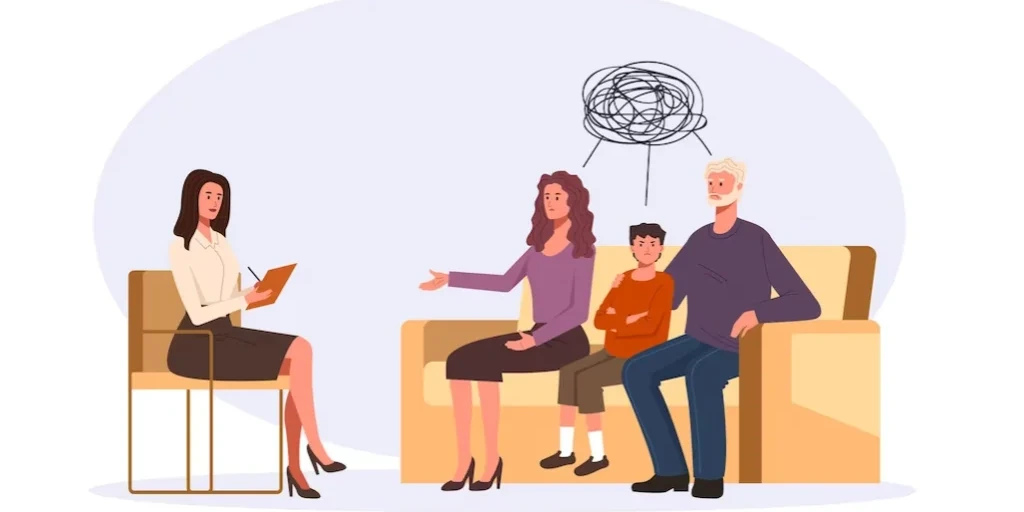24/7 Helpline:
(866) 899-221924/7 Helpline:
(866) 899-2219
Learn more about Fentanyl Rehab centers in Ruston
Fentanyl Rehab in Other Cities

Other Insurance Options

ComPsych

Medical Mutual of Ohio

Molina Healthcare

GEHA

Health Net

Choice Care Network

State Farm

EmblemHealth

Anthem

Regence

Ambetter

BlueShield

Optum

Aetna

Holman Group

MVP Healthcare
Beacon

Lucent

Providence

MHNNet Behavioral Health

Lincoln Nova Vital Recovery
Lincoln Nova Vital Recovery is a dual diagnosis, drug, and alcohol addiction treatment center locate...

Northeast Delta Human Services Authority
Northeast Delta Human Services Authority serves people with mental health issues, addictive disorder...



Professional Counseling Services of Ruston
Professional Counseling Services of Ruston is a private rehab located in Ruston, Louisiana. Professi...








































